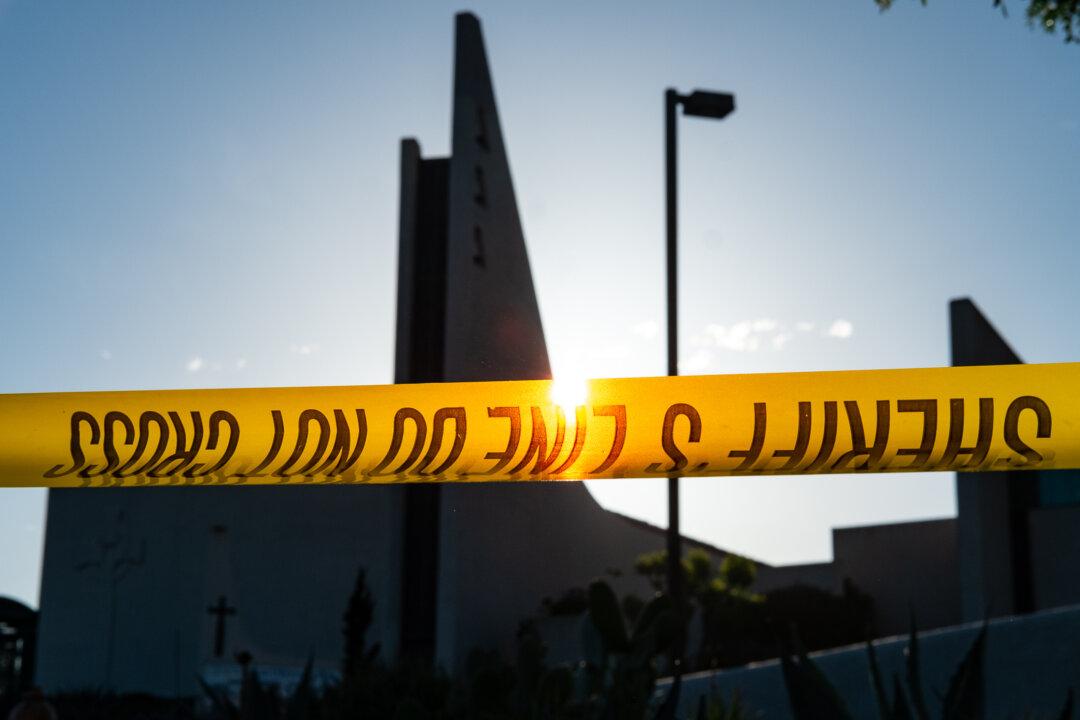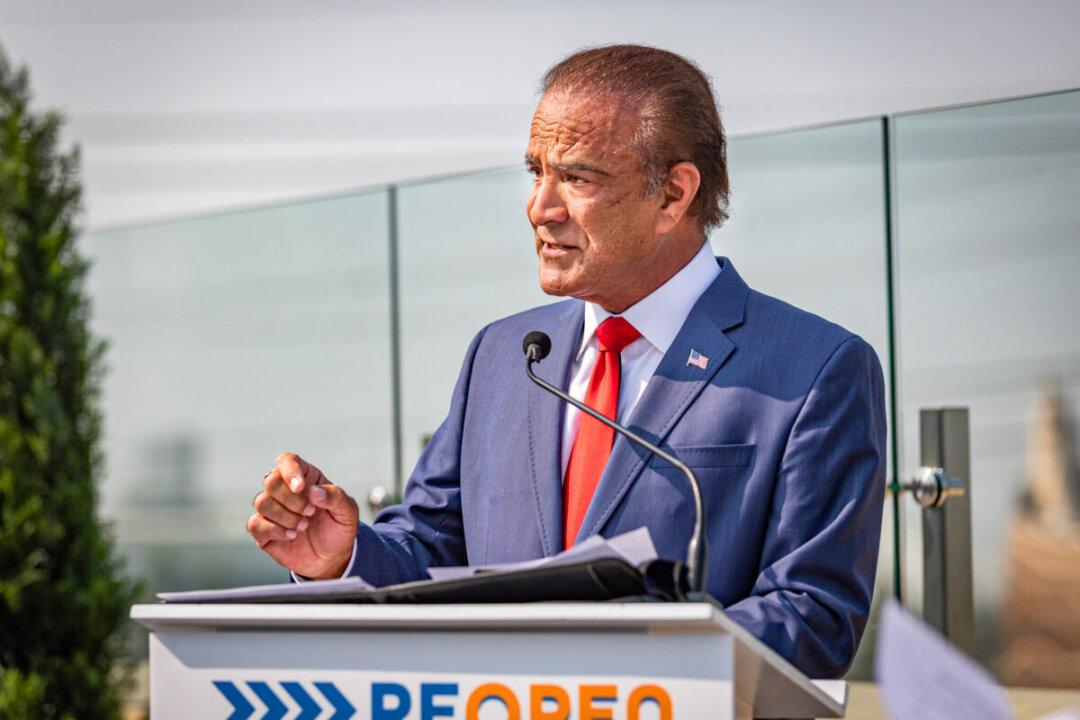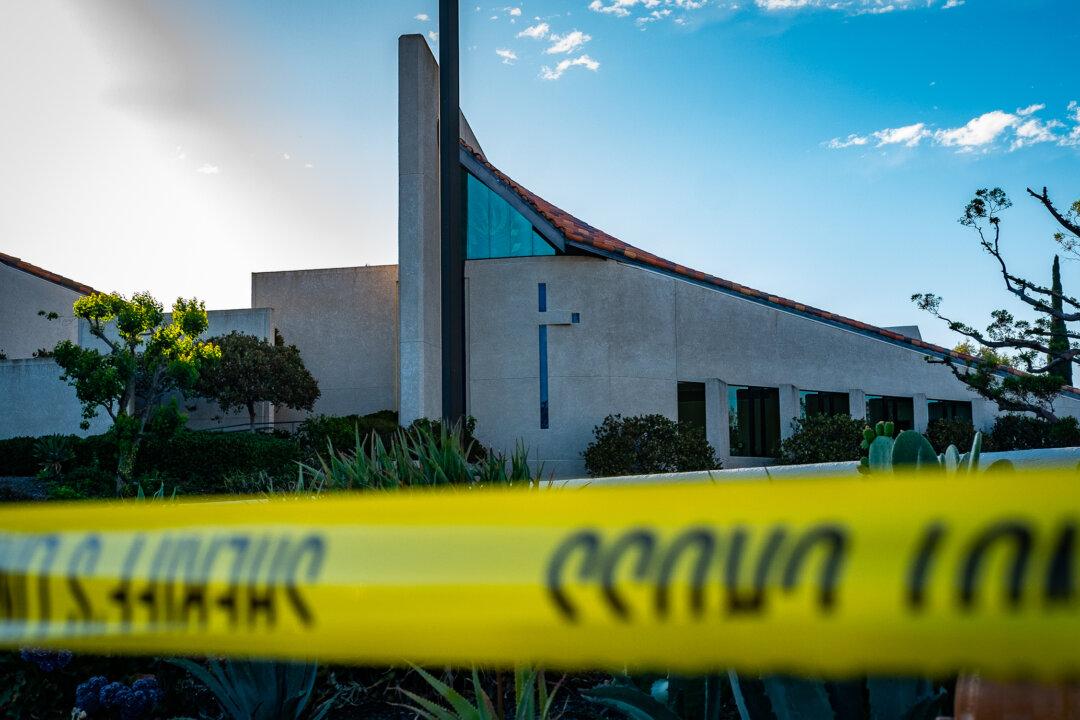With a recent failed effort to end California’s state of emergency, Republican lawmakers are arguing that extending the order is unjustified and will hurt people’s livelihoods at a time when most COVID-19-related mandates enacted without the state legislature’s approval are waning.
“Regrettably, my SCR 5 [Senate Concurrent Resolution 5] to end the State of Emergency failed to pass [on March 15],” Sen. Melissa Melendez (R-Lake Elsinore) wrote on Twitter. “The Democrat majority is content to abdicate their responsibilities to the governor. The state of emergency will continue, as will the governor’s power to close schools and shut down businesses.”




